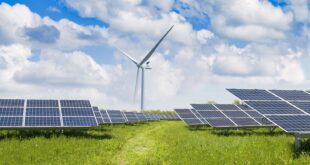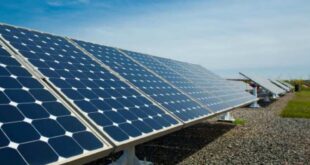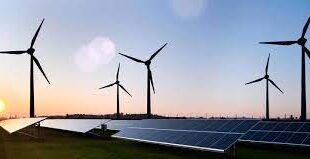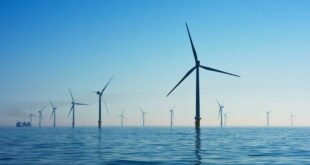The International Energy Agency has laid out a $3 trillion green recovery plan, offering governments around the world a “once-in-a-lifetime” roadmap to sustainably rebuild their economies in the wake of the coronavirus pandemic.
The Sustainable Recovery report, published Thursday, is designed to present world leaders with cost-effective measures that could be implemented from 2021 through to 2023.
It sets out three main goals: spurring economic growth, creating jobs and building more resilient and cleaner energy systems.
As they design economic recovery plans, policymakers are having to make enormously consequential decisions in a very short space of time, Fatih Birol, executive director at the IEA, said in the report.
These decisions will shape economic and energy infrastructure for decades to come and will almost certainly determine whether the world has a chance of meeting its long-term energy and climate goals.
An unprecedented global public health crisis triggered by the Covid-19 outbreak means the world is experiencing its worst economic shock since the 1930s, the IEA said. It is having a profound impact on employment and investment across all parts of the economy, including energy.
The IEA has previously warned that it believes the coronavirus crisis has paved the way for the largest decline of global energy investment on record this year, with spending set to plummet 20%.
Last year, the global energy industry employed roughly 40 million people, but 3 million of those jobs have either been lost or at risk as a result of the pandemic, according to the report’s analysis.
Today, attention is increasingly focusing on how to bring about an economic recovery that repairs the damage inflicted by the crisis while putting the world on a stronger footing for the future, the IEA’s Birol said.
What does the recovery plan hope to achieve?
The Sustainable Recovery plan was published in collaboration with the International Monetary Fund as part of the energy agency’s flagship World Energy Outlook series.
It is based on the assessments of over 30 specific energy policy measures and spans six key sectors: electricity, transport, industry, buildings, fuels and emerging low-carbon technologies.
The IEA believes the plan could add 1.1 percentage points to global economic growth each year through to 2023.
It says it could also save or create approximately nine million jobs a year over the next three years and reduce global energy-related greenhouse gas emissions by 4.5 billion tons by the end of the plan.
Achieving those results would require global investment of around $1 trillion annually over the next three years. This represents about 0.7% of global gross domestic product (GDP).
The IEA’s Birol stressed in the report that the plan was not intended to tell governments what they must do; instead, it seeks to show them what they can do.
 Iran Energy News Oil, Gas, Petrochemical and Energy Field Specialized Channel
Iran Energy News Oil, Gas, Petrochemical and Energy Field Specialized Channel




